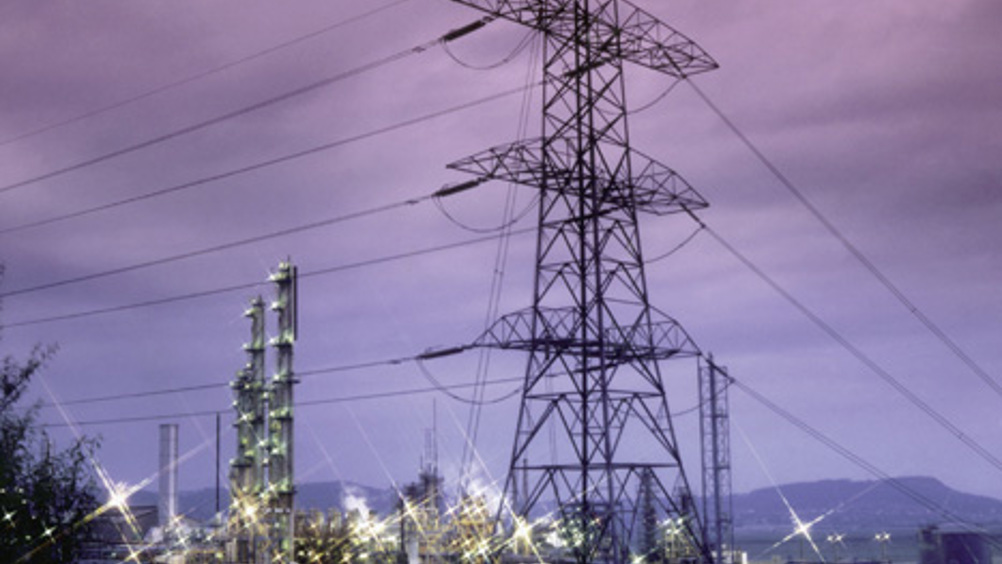Report urges strategic thinking to protect UK's energy supply
A new report states that the government must start thinking strategically about energy security to protect the UK’s energy supply.

The report, published by MPs on the Energy and Climate Change Committee, argues that gas storage capacity needs to be increased in the UK to minimise the potential damage from supply interruptions or price spikes.
It reveals that the UK’s current storage capacity amounts to only 14 days’ worth of gas supply — an amount they believe to be dangerously low compared with France, which has 87 days’ worth of gas storage, Germany, which has 69, and Italy, which has 59.
Tim Yeo MP, chair of the committee, said: ‘The UK will become more dependent on energy imports as North Sea oil and gas declines, but prudent planning can ensure this doesn’t reduce our energy security too drastically.
‘To keep the lights on and our transport moving, we need a diverse energy portfolio that does not rely too heavily on fossil fuels from unstable parts of the world or any one single technology at home.’
Register now to continue reading
Thanks for visiting The Engineer. You’ve now reached your monthly limit of news stories. Register for free to unlock unlimited access to all of our news coverage, as well as premium content including opinion, in-depth features and special reports.
Benefits of registering
-
In-depth insights and coverage of key emerging trends
-
Unrestricted access to special reports throughout the year
-
Daily technology news delivered straight to your inbox










Water Sector Talent Exodus Could Cripple The Sector
Maybe if things are essential for the running of a country and we want to pay a fair price we should be running these utilities on a not for profit...